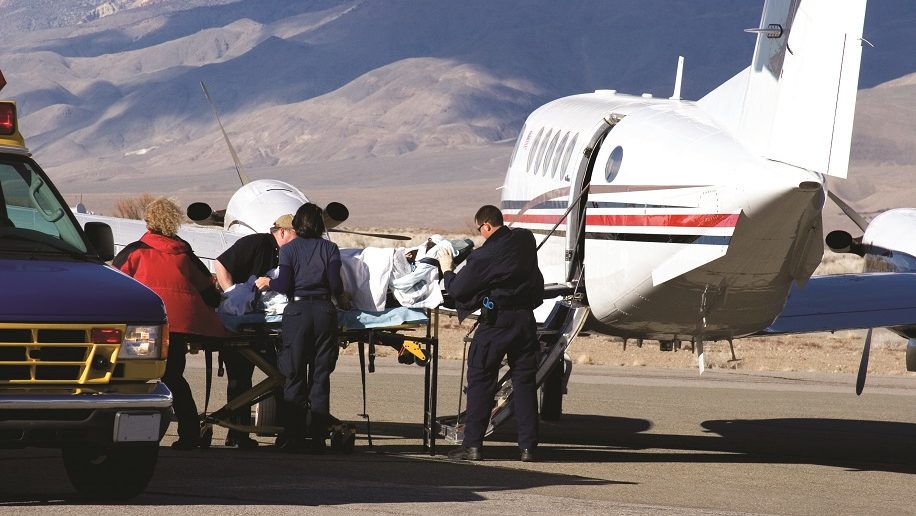Business travelers need to be resourceful these days more than ever, with strategies in place for when the worst happens.
Experienced travelers know that it's not a matter of if things go wrong, it's a matter of when. Traveling often comes with unexpected problems, such as flight delays and lost luggage. In extreme situations, losing connectivity is rarely a concern. And when travel begins to surge again post-pandemic, the risks will increase as well. International SOS recorded a 16% increase in security and medical alerts issued in 2023 compared to his 2022.
Michael Rogers, Chief Security Analyst at International SOS said: “The resurgence of global travel comes at a time when the travel security landscape is becoming increasingly complex due to geopolitical events, natural disasters, emerging diseases, social unrest, and evolving crime dynamics. Today, Now more than ever, travelers need to stay informed about common risks and mitigation measures.”
Risk and security management companies act as both pathological fortune tellers and guardian angels. Analysts examine forecasts and trends to assess existing and emerging risks and develop strategies to mitigate these threats and enable business travelers to get their jobs done. If something were to happen to the fans, they are also prepared to implement emergency protocols that cover everything from hostage situations to volcanic eruptions.
Saskia Feldhuizen, Senior Security Coordinator at international risk management company Helix, explains: One day we might be providing intelligence reporting on a political election, the next we might be conducting a full-scale evacuation of Khartoum or responding to a kidnapping incident in Haiti. . ”
Get ready
You are forewarned about the risks. Experts stress the importance of doing background research and being aware of the situation. Are there political tensions? Is it monsoon season? Are there any cultural or religious dress codes to adhere to?
Simple precautions, such as making sure your vaccinations are up to date and booking an airport pick-up service, can go a long way in keeping you out of trouble.
Online tools like International SOS's 2024 Interactive Risk Map can help guide risk assessments for everything from weather events to ongoing conflicts around the world.
This rating is determined by analyzing multiple factors, from security concerns such as crime rates and political stability to medical considerations such as health infrastructure and disease outbreaks. For the first time, the 2024 risk map also includes an overview of climate change risks that arise as a result of more extreme weather events.
In 2023, Bangladesh, India and Laos all experienced record high temperatures, with Thailand reaching 45.4 degrees Celsius and China's Xinjiang region reaching 52.2 degrees Celsius. Cyclone Freddy has forced half a million people to evacuate in southern Africa and a sandstorm has shut down Beijing. In the United States, there were (at least) 28 separate weather- and climate-related incidents in 2023, including wildfires, cyclones, and floods.
Feldhuizen agreed that natural disasters are increasingly impacting business travellers. Alternatively, if a traveler has asthma and goes to an area where wildfires are occurring, the smoke and poor air quality can create potential medical problems. ”
Even if you are not actually at the affected destination, cascading disruptions to flights can result in significant delays and missed meetings. Climate change is also increasingly linked to medical concerns, for example, rising temperatures are likely to increase the incidence of mosquito-borne diseases such as Zika, dengue, and malaria. According to the World Health Organization, 249 million people will be infected with malaria in 2022, up from 233 million in 2019, before the pandemic.


